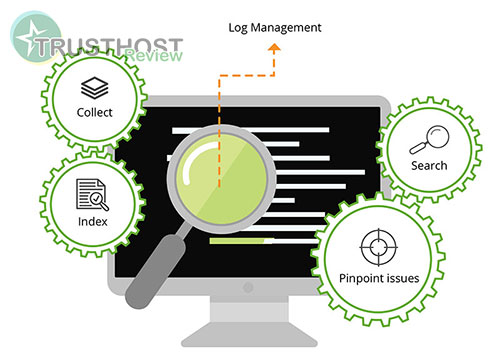Choosing the Perfect WordPress Theme for Your Website: Considerations for Design, Functionality, SEO, and User Experience
For seasoned web professionals like yourselves, installing and configuring WordPress is second nature. However, selecting the optimal theme for your project requires a nuanced understanding of design principles, functionality requirements, SEO best practices, and user experience (UX) considerations. This article delves into these aspects to guide your theme selection process.
Design and Aesthetics
While visually appealing design is crucial, it shouldn't come at the expense of functionality. Consider these factors:
- Responsiveness: In today's mobile-first world, ensure your chosen theme is fully responsive and adapts seamlessly across various devices and screen sizes.
- Branding Alignment: Select a theme that aligns with your brand identity. Look for customization options that allow you to incorporate your logo, color scheme, and typography.
- Visual Hierarchy and Layout: Choose a theme that emphasizes content readability and guides users through the site logically. Consider elements like whitespace, typography, and image placement.
Functionality and Features
Evaluate your project's specific needs and choose a theme that offers the necessary features without unnecessary bloat. Key considerations include:
- Plugin Compatibility: Ensure the theme is compatible with popular plugins essential for your site's functionality, such as SEO, security, and performance plugins.
- Page Builders: Consider if you prefer using a page builder and verify if the theme is compatible with your preferred option (e.g., Elementor, Beaver Builder).
- eCommerce Integration: If building an online store, ensure the theme seamlessly integrates with WooCommerce or your chosen eCommerce platform.
SEO Optimization
A search engine optimized theme can significantly impact your site's visibility. Look for themes with:
- Clean Code: Search engines favor well-structured, clean code. Ensure the theme follows WordPress coding standards.
- Schema Markup: Schema markup helps search engines understand and index your content better. Choose a theme that supports schema implementation.
- Page Speed Optimization: Website speed is a crucial ranking factor. Opt for a lightweight theme and ensure it's built for fast loading times.
User Experience (UX)
A positive UX is paramount for user engagement and conversions. Consider these aspects:
- Navigation and Site Structure: Choose a theme with intuitive navigation and a clear site structure that allows users to find information easily.
- Accessibility: Ensure the theme adheres to accessibility standards (WCAG) to cater to users with disabilities.
- Cross-Browser Compatibility: Test the theme across different browsers (Chrome, Firefox, Safari, Edge) to ensure consistent display and functionality.
















